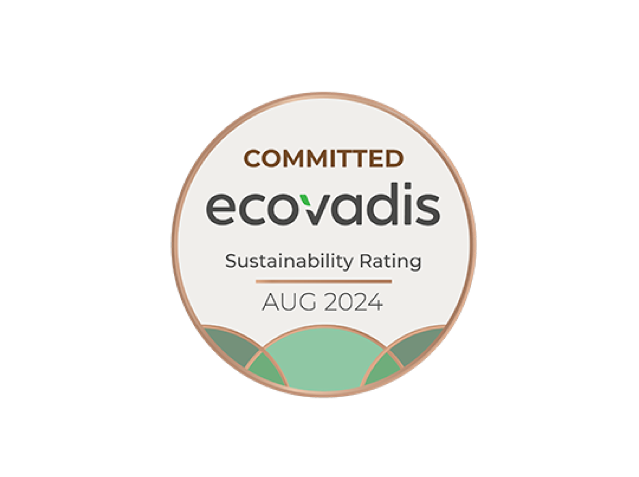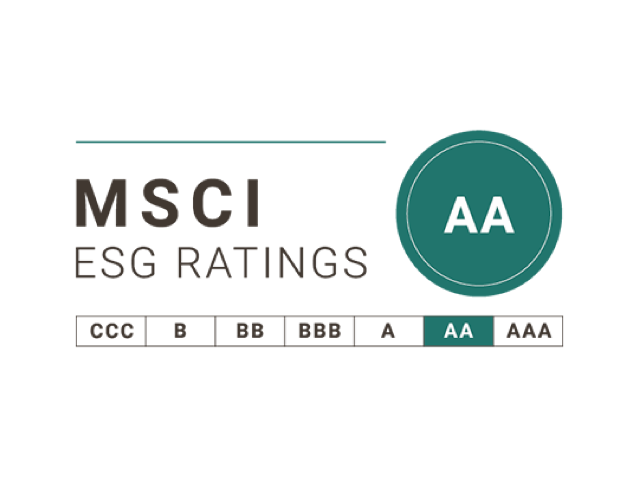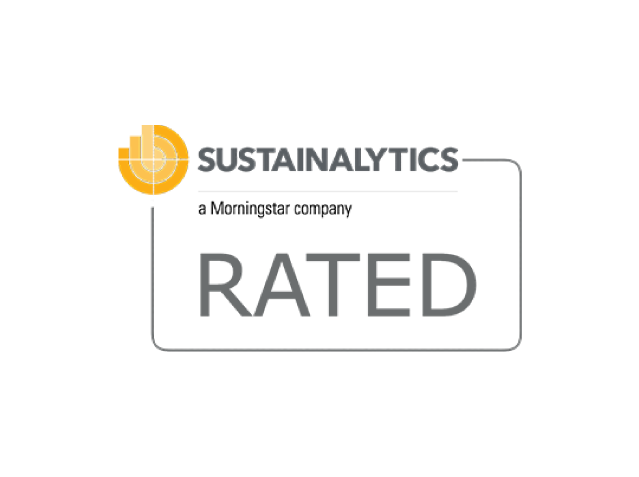We recognize that the consequences of climate change require swift and collective action, and we are unwavering in our commitment to doing our part in limiting its impact on the planet and its people.
On this page, you can learn about our net zero strategy consisting of:
- Measurable targets that will lead us to the final goal
- Our strategy for achieving those targets
- A collaborative approach that fosters a broad awareness of sustainability within the healthcare sector and beyond
Net zero targets
Ambu’s carbon reduction targets for scope 1, 2 and 3 greenhouse gas emissions include near-term targets, which have been validated by the Science Based Targets initiative (SBTi) and long-term targets, which we expect to submit to SBTi for validation in 2024.
- Scope 1 consists of emissions from sources controlled by the company.
- Scope 2 is energy purchased from external sources.
- Scope 3 is comprised of the emissions of the company’s suppliers and customers.
Near-term target validated by the SBTi:
Reduction of scope 3 emissions
Suppliers accounting for 82%
of our Scope 3 emissions within purchased goods and services* will have science-based targets
*Translates to covering app. 68% of Ambu’s total Scope 3 emissions

Near-term target validated by the SBTi:
75% reduction in GHG emission
in Scope 1 & 2

Net-zero target year
Committed to submit long-term SBTi targets:
100%
reduction in GHG emissions in Scope 1 & 2*
90%
reduction in GHG emissions in Scope 3*
*compared to 2020/2021 baseline year

How we plan on reaching our net zero targets
Our path to net zero is paved with initiatives aimed at reducing emissions throughout our entire value chain.
Sourcing renewable energy
While our transition to 100% renewable power within our factories is scheduled for completion by 2030, we're already making significant strides towards this goal. For more details on our transition to renewable energy, download our annual report.
Sourcing renewable energy
While our transition to 100% renewable power within our factories is scheduled for completion by 2030, we're already making significant strides towards this goal. For more details on our transition to renewable energy, download our annual report.
Sourcing renewable energy
While our transition to 100% renewable power within our factories is scheduled for completion by 2030, we're already making significant strides towards this goal. For more details on our transition to renewable energy, download our annual report.
Transparency and accountability
Governance, integrity, and transparency form the bedrock of a sustainability approach that invites stakeholders along on the journey. What’s more, we continuously enhance our ESG data collection and reporting processes to ensure accountability.
Read more about our ESG Priorities here and how we are progressing towards our targets in our latest annual report.
Collaborating for impact
We recognize that achieving our sustainability goals requires collaboration and collective action. With this in mind, we have joined forces with organisations that share our vision for a more sustainable future.
Global initiatives aimed at broad change
Some of the key organisations we've partnered with include:
UNITED NATIONS GLOBAL COMPACT
As a signatory to the United Nations Global Compact, Ambu upholds principles related to human rights, labour, environment, and anti-corruption, contributing to broader global sustainability efforts. UNGC COP Viewer
NASDAQ
Ambu is a certified Nasdaq ESG Transparency Partner, which signals our engagement in creating market transparency and raising environmental standards.
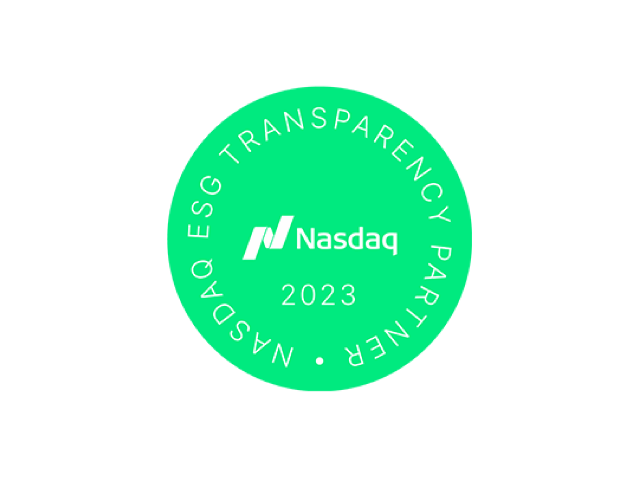
Explore our performance on prioritized ESG ratings.
Partnerships aimed at specific sustainability challenges
Ambu actively engages with initiatives and organisations focused on specific sustainability challenges. This includes:
PLASTIC BANK
Ambu supports the Plastic Bank® mission to reduce ocean plastic pollution by incentivizing plastic recycling and creating a circular economy for plastic waste.
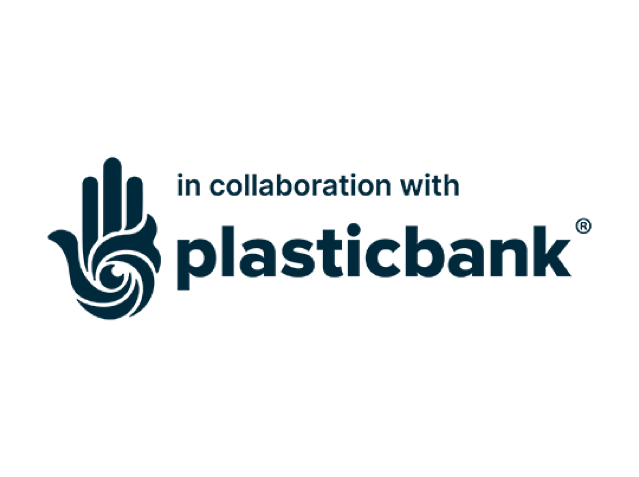
OPERATION CLEAN SWEEP
Ambu participates in Operation Clean Sweep, a global initiative aimed at preventing plastic pellet loss and ensuring responsible handling of plastic materials in our operations.

WOMEN’S EMPOWERMENT PRINCIPLES
As a signatory to the UN WEP, Ambu promotes gender equality and women's empowerment in the workplace, marketplace, and community.
RED CROSS
Since becoming a member of the Red Cross corporate club in 1991, we have supported their humanitarian efforts to provide aid to communities in need.

Through these partnerships and collaborations, we are committed to driving meaningful change.
See also:
Environment, Social and Governance: Find information about our ESG priorities, performance and governance structure.
Products and packaging: Learn about our circular design principles and innovative use of material like bioplastics to reduce emissions.
Single-use vs. reusable endoscopes: Get an overview of the facts and considerations regarding the impact of single-use endoscopes and how they compare with reusable.








